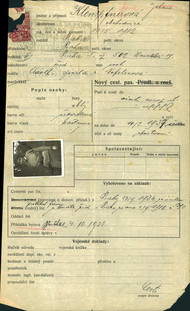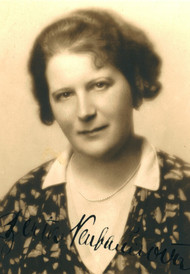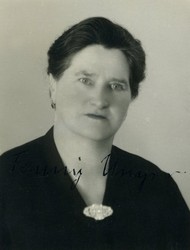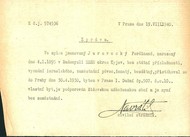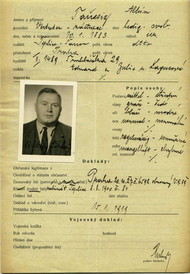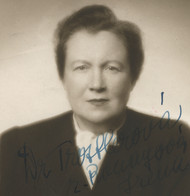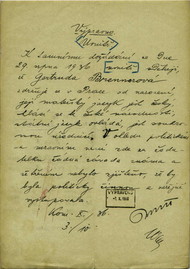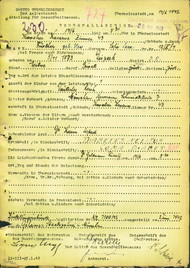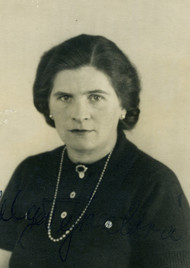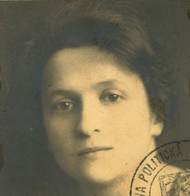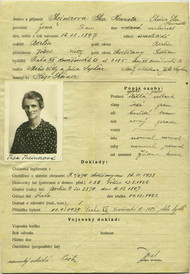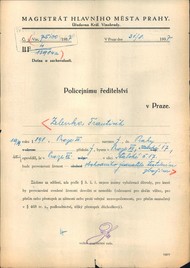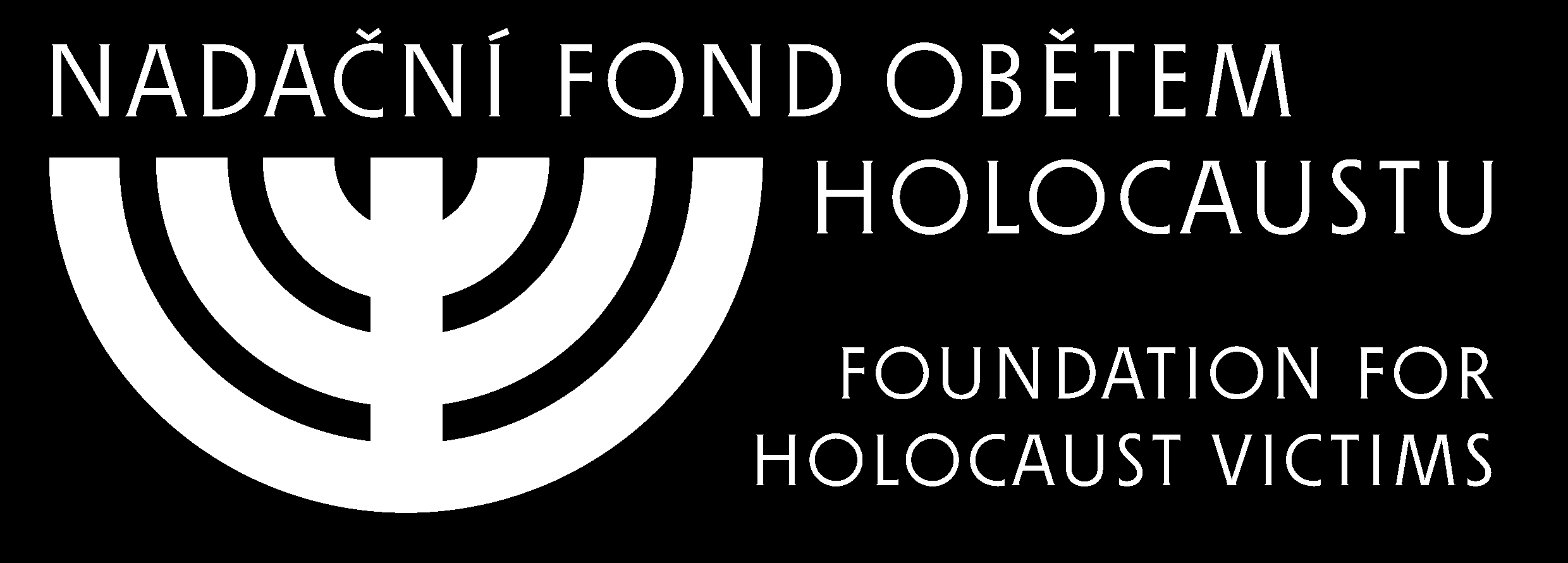The Nazi persecution of people labelled as “gypsies and gypsy half-breeds” in the Protectorate of Bohemia and Moravia affected most of the Roma and Sinti living there. The Protectorate government gradually adopted all the “anti-Gypsy” regulations that were implemented in Nazi Germany during the 1930s, starting with forced settlement and constant police surveillance. From mid-1942, the Nazis pursued an openly racist policy. In the summer of 1942, a decree was adopted to combat the so-called “gypsy plague” and an census of “Gypsies and Gypsy half-breeds” was carried out, that would later form the basis for the imprisonment of about a third of those identified as “Gypsies” in the newly created “gypsy camps” in Lety u Písku and Hodonín u Kunštátu. During their existence from the summer of 1942 to the summer of 1943, about 2,700 men, women and children were imprisoned there. Almost 540 of them died there due to catastrophic living conditions.
With the decree of SS leader Heinrich Himmler from December 1942, that ordered imprisonment in the concentration and extermination camp in Auschwitz-Birkenaufor all “gypsies and gypsy half-breeds” from the Reich and its subordinate territories, all other plans for the future of the Roma and Sinti discussed by the Nazis were rendered invalid. Thus, another 4,500 protectorate g“ypsies and gypsy half-breeds” were deported in March 1943 in several mass transports to the “gypsy camp” in Auschwitz-Birkenau, where most of them perished. All of them together make up the more than 5,000 Roma, Sinti and other people labelled as “gypsies” from the territory of today's Czech Republic, who were murdered as part of the Nazi persecution of “gypsies”.
Local authorities carried out the persecution of “gypsies” in the Protectorate, but still this persecution was an essential part of the “final solution to the gypsy question” ruled by the Reich. A large number of Czech citizens, who held positions at various levels, took part in it in varying intensity and extent. The Czech majority society, which has deep-rooted prejudices and stereotypes against the Roma and Sinti, thus bore its share of responsibility for the crimes committed.


